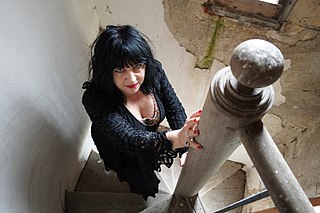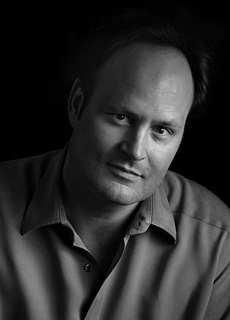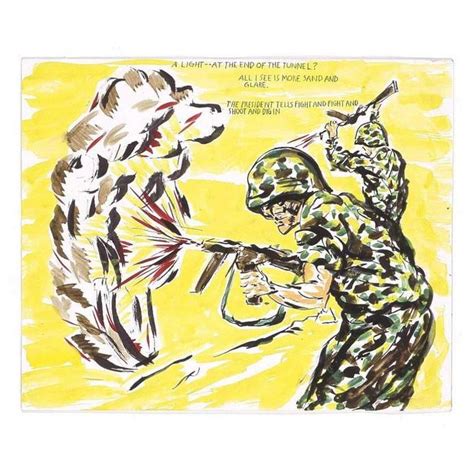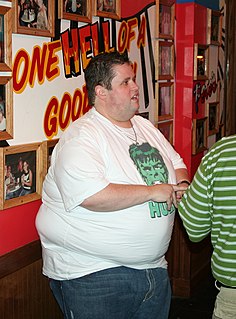A Quote by Rachel Sklar
The comedian can put the punchline out there, but it's the audience that receives it - and has to get it.
Related Quotes
An aspiring comedian must be determined to get to his or her true feelings on a subject and convey that to the audience. Figure out what you're feeling or interested in because the goal is to get the audience interested in what you're interested in. Good stand up comedy is drawing people into your head.
With a comedian, it's the opposite. You put that album out, and they've heard it. If they're coming out to see you, you'd better be doing new stuff. There's always a tiny part of the audience that want to hear certain bits of yours, or they've brought friends to see you, and they've told them about some of your bits. Then maybe you should do them.
What social media has done - Facebook, Twitter - is show the audience. I don't have an audience. When I make my work, it just goes out into the ether. I have a thick skin and it just brings me down to earth, you know, to realize how out-there and far away and paltry the audience is that gets what I'm saying. It's depressing if I let it get to me. And it's the same with hanging a show, the way it's put up, like, three stories high and you can't read a single word.
I've told Michael Jackson jokes. If you got really technical, you could say those are jokes about child molestation. You could, if you got technical. A lot of this is just selective outrage because honestly, the audience are the ones that tell us that something shouldn't be spoken. The audience lets us know. And I've never, in my almost 30 years of being a comedian, seen a comedian continue to tell a joke that the audience doesn't respond to. I've never seen it.
If I can get the audience to connect with the characters emotionally - and they love who they are, they love the larger-than-life situation that they're in, but most of all get the audience invested in the characters - then I always feel like I can sort of put them in the most outrageous circumstances, and the audience is okay to go with that.



































